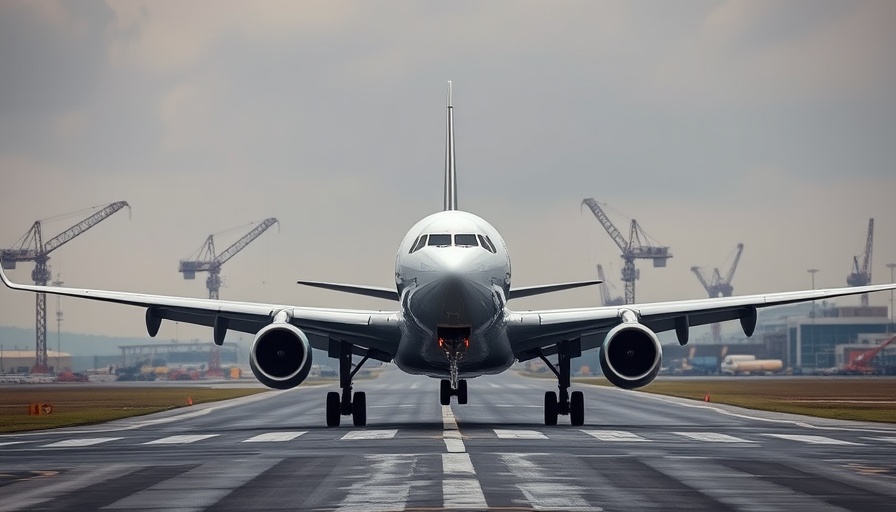
The Tragic Incident: A Breakdown of Events
On March 23, 2025, a horrific event unfolded in Gaza when 15 emergency medical responders, including paramedics and rescue workers, were killed in three separate shootings near Rafah. The aftermath of these incidents revealed a troubling pattern that has drawn serious attention from the Israeli military, leading to an official review that found multiple failures within its ranks.
Caught in the Crossfire: Understanding Military Protocol
According to the findings of the military review, these tragic deaths were not merely accidents; they stemmed from significant operational misunderstandings by troops who believed they were facing threats from enemy forces. The military's acknowledgment of 'several professional failures' points to critical miscommunications and lapses in adherence to safety protocols. This raises important questions about the operational guidelines in combat zones and whether these protocols are adequate to protect non-combatants, particularly humanitarian workers.
What's Next for Accountability in the IDF?
Following the report, it has been announced that a commanding officer will be dismissed for providing inaccurate information regarding the incidents. Furthermore, the review is indicative of a potential shift within the Israel Defense Forces (IDF) towards greater accountability, as grievances relating to the treatment of civilians and aid workers in conflict zones have been historically overlooked or insufficiently addressed.
The Broader Impact: Implications for Humanitarian Work in Conflicted Areas
This incident could have broader implications, as it has reignited discussions about the risks faced by emergency responders in conflict zones—a topic that resonates deeply in today's global humanitarian landscape. Aid agencies around the world look towards these findings as a potential precedent that could influence military protocol and operational conduct when dealing with medical personnel in hostile areas.
Public Perception and International Reactions
Public perception of the IDF's handling of this situation has been mixed. On one hand, some applaud the military for taking steps to investigate and address these failures; on the other hand, many critics argue that these measures are insufficient and fail to address the systemic issues that led to the tragic outcomes.
Fostering Change: The Role of Advocacy Groups
Human rights organizations have long played a crucial role in advocating for the safety of humanitarian workers in conflict zones. As this situation fosters further scrutiny of military practices, these organizations may have an opportunity to leverage the findings of the military review to push for more robust protections and clearer guidelines for military engagement with aid workers.
Conclusion: A Call for Reflection and Reform
The shocking loss of lives occurring amidst military operations not only underlines the perilous nature of humanitarian work in conflict zones but also necessitates a critical reflection on military practices and protocols. As investigations and discussions progress, it is essential for military and humanitarian organizations alike to prioritize the safety of all individuals engaged in the noble and necessary work of saving lives.
In light of this tragic event, it is incumbent upon both military and civilian entities to come together to foster reform that protects those risking their lives to assist others. Only through committed action can we hope to minimize the occurrence of such tragedies in the future, ensuring that humanitarian missions continue unhindered.
 Add Row
Add Row  Add
Add 



Write A Comment